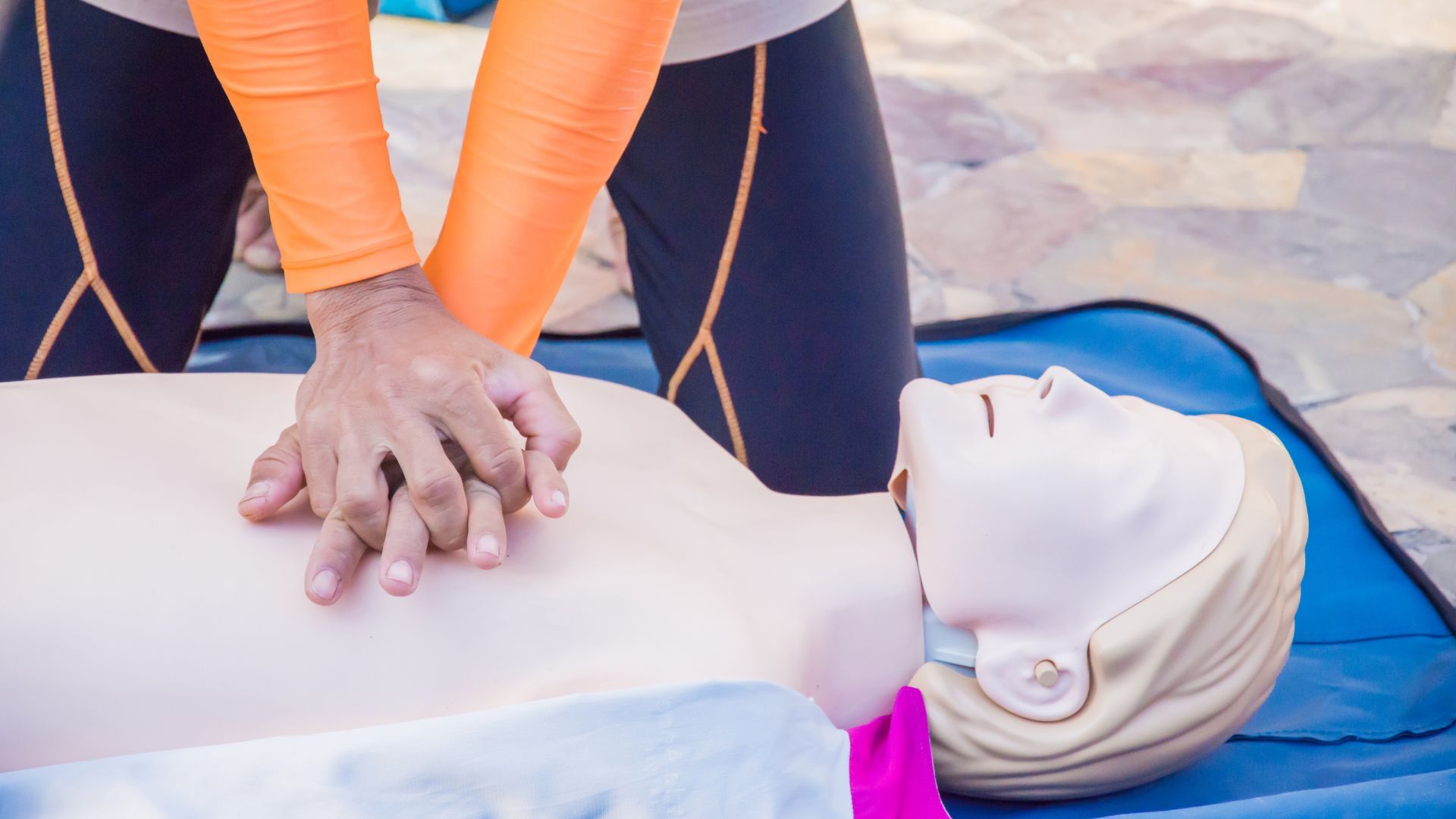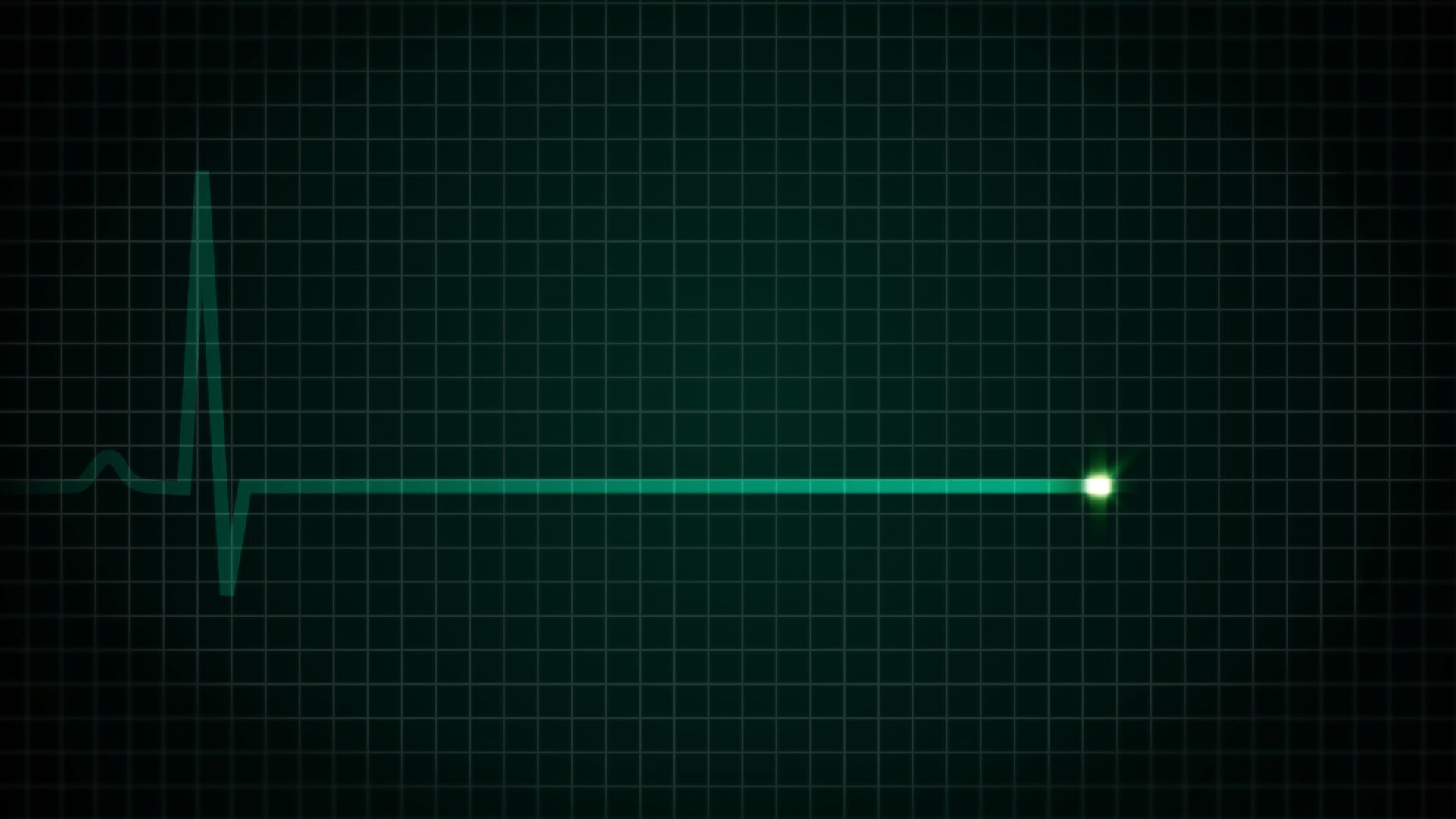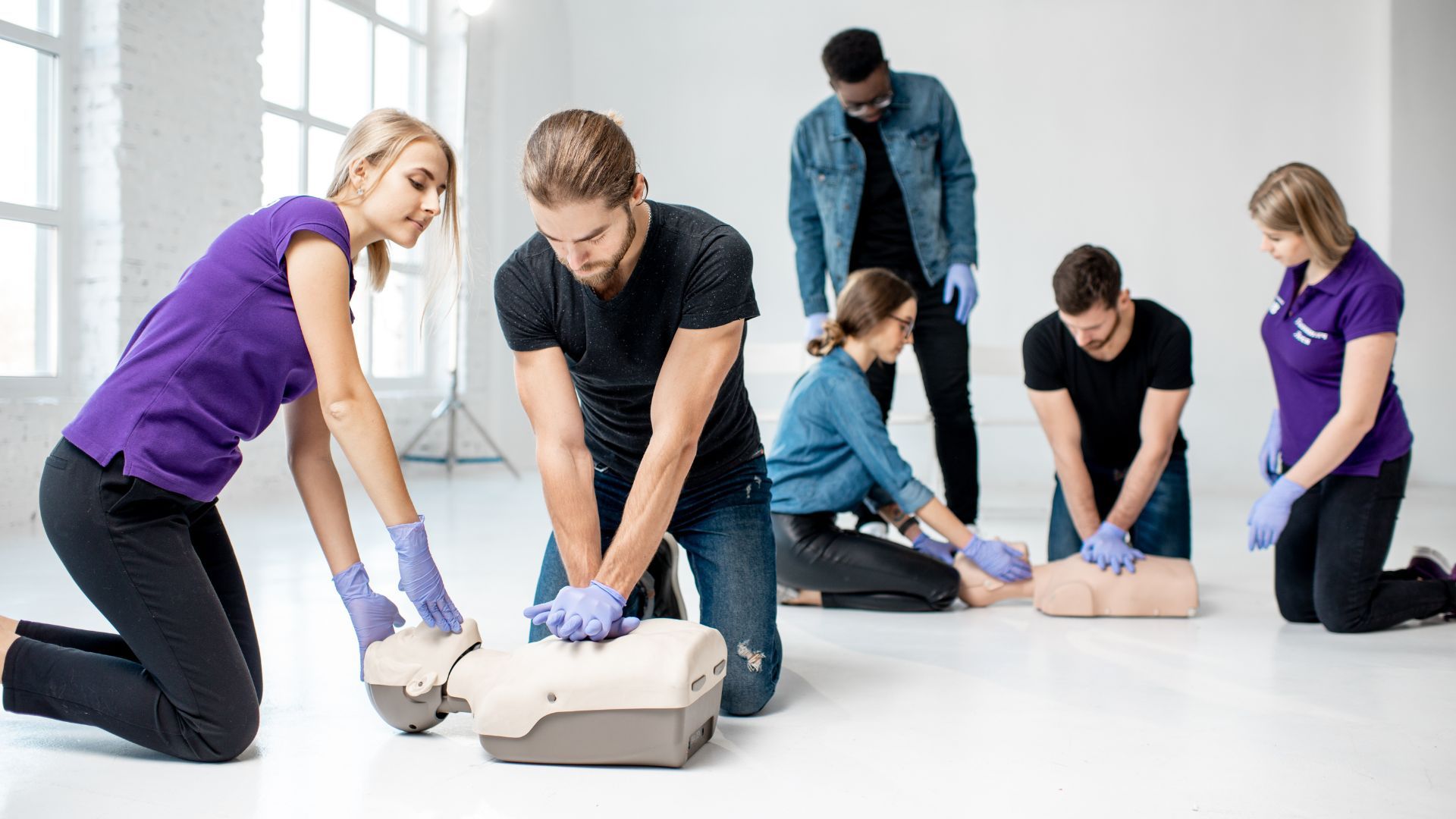CPR Certification
Contents
Pronunciation: see-pee-ahr ser-tuh-fi-KAY-shuhn
Definition:
CPR Certification denotes a formal acknowledgment, typically issued after successful completion of a CPR training course, which certifies that an individual has been trained in and understands the basic techniques and principles of cardiopulmonary resuscitation (CPR).
What is CPR Certification?
Overview:
CPR Certification is a recognition that the holder has been trained in the skills required to perform CPR on someone in cardiac arrest. The training typically encompasses the basics of checking responsiveness, providing chest compressions, and giving rescue breaths.
Key Facts About CPR Certification:
- Generally valid for a period (often two years) after which a refresher course is required.
- Offered by various organizations like the American Heart Association (AHA), Red Cross, and others.
- Courses can range from basic to advanced, with some specifically tailored for healthcare professionals.
CPR Certification | Importance & Necessity
Why is CPR Certification important?
The reasons include:
- Ensures standardized, effective CPR techniques are applied.
- Increases the likelihood of survival for someone in cardiac arrest.
- Provides confidence to the rescuer during emergency situations.
Who should be CPR certified?
While everyone can benefit, especially:
- Healthcare professionals.
- Coaches, trainers, and sports personnel.
- Lifeguards and swimming instructors.
- Teachers and childcare providers.
CPR Certification | Obtaining & Renewing
How is CPR Certification obtained?
The process generally involves:
- Enrollment: Register for a CPR course through a recognized provider.
- Training: Attend and participate in the course, which may include lectures, videos, and hands-on practice.
- Examination: Successfully pass a written test and a hands-on skills assessment.
What about renewing the certification?
- Recertification courses: Often shorter than initial certification courses.
- Stay updated: As CPR guidelines can evolve, it’s crucial to stay current.
- Regularly practice: To ensure skills remain sharp.
More Articles





